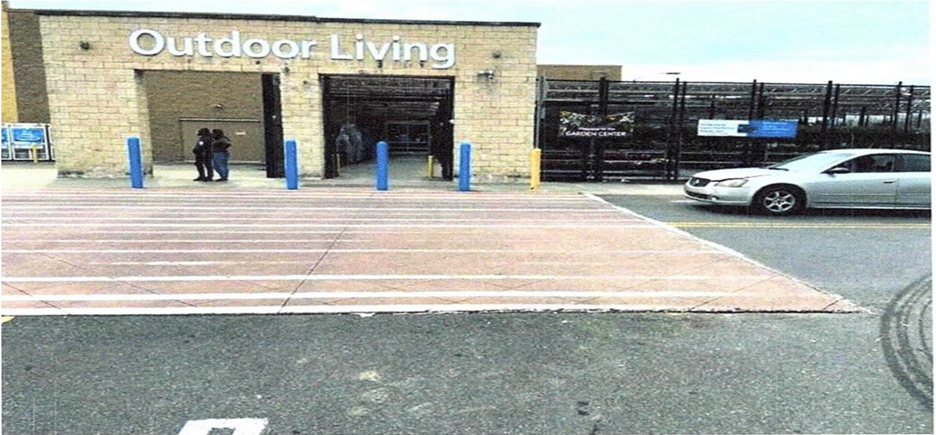The First Circuit Court of Appeals recently affirmed summary judgment in Rainey v. Knight, on grounds that the alleged defect was open and obvious. Its ruling shows that the open and obvious defense remains viable and supports summary judgment when reasonable minds can only agree that a condition is not unreasonably dangerous.
In Rainey, the plaintiff fell and was injured while leaving a veterinary hospital. Evidence showed the plaintiff frequented the premises for nearly twenty years before the incident. The plaintiff attempted to descend four steps from the hospital’s elevated porch but stepped off the porch and fell twenty-one inches to the ground. Rainey filed suit for his injuries, alleging the defendant failed to maintain its property. Specifically, he claimed that the elevated porch lacked a railing, which created a defect.
The defendant filed a motion for summary judgment and argued (1) the front porch ledge was an open and obvious defect and (2) the plaintiff could not show the defendant had knowledge of the allegedly dangerous condition of the porch. The defendant also produced evidence to show it had no prior problems with anyone falling from the porch.
The plaintiff opposed the defendant’s motion, but his opposition was filed one day late. Because the opposition was not filed timely, the appellate court noted it was unable to consider the plaintiff’s opposition and exhibits under the Louisiana Supreme Court’s ruling in Auricchio v. Harriston.
On appeal, the court focused its analysis on whether the defendant breached a duty owed to the plaintiff, applying Louisiana’s risk/utility balancing test to consider the utility of the condition, the likelihood and magnitude of harm, the cost of preventing the harm, and the nature of the plaintiff’s activities.
In examination of the likelihood and the magnitude of the harm, the appellate court noted that summary judgment may be granted if a condition is open and obvious. If reasonable minds could only agree that the condition was not unreasonably dangerous, that condition would be open and obvious, and the plaintiff would be unable to establish the defendant breached any duty owed to the plaintiff.
Considering the evidence before the court, the First Circuit found a reasonable person would have found the lack of a railing on the porch open and obvious and would have avoided the area where plaintiff fell when exiting the building. Importantly, the court found the lack of a railing was apparent to all who encountered it such that it was open and obvious.
The Rainey court also noted that the lack of reported complaints about the alleged condition indicated a low risk of harm. The height of the porch also showed the likelihood and magnitude of the plaintiff’s harm was minimal. In light of this evidence, the lack of railing around the entire porch was not an unreasonably dangerous condition. No reasonable factfinder could find that the defendant breached any duty owed to the plaintiff, and summary judgment was appropriately granted.
References:
Rainey v. Knight, 2023-0133 (La. App. 1 Cir. 11/3/23) (La. App. 1st Cir. Nov. 3, 2023)
Auricchio v. Harriston, 2020-01167 (La. 10/10/21), 332 So.3d 660

